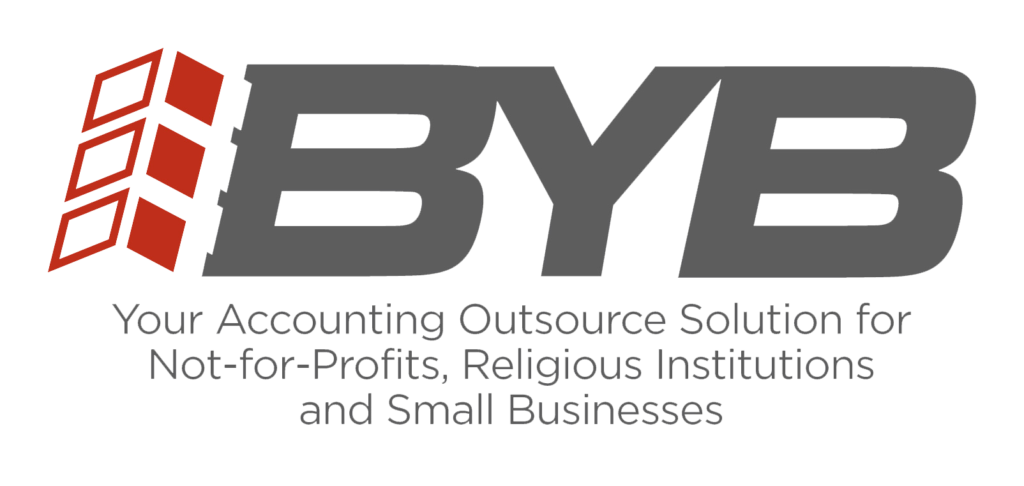The IRS has imposed a new law for most small tax-exempt organizations. These non-profits whose gross receipts are normally $25,000 or less during their calendar or fiscal year must now file Form 990-N, Electronic Notice (e-Postcard) for Tax-Exempt Organizations not Required To File Form 990 or 990-EZ.
Before this law was enacted, these small organizations were not required to file annually with the IRS.
All Forms 990’s are due on May 15th for calendar year filers, or by the 15th day of the fifth month after the close of the fiscal year (year ending on a date other than December 31st).
An organization that fails to file the required e-Postcards (or any Form 990) for three consecutive years will automatically lose its tax-exempt status.
